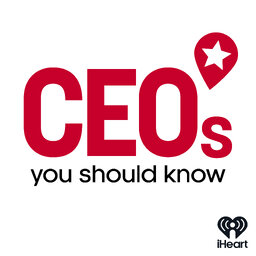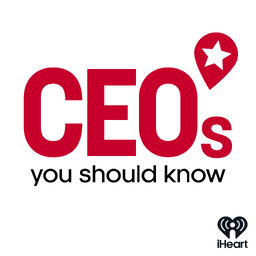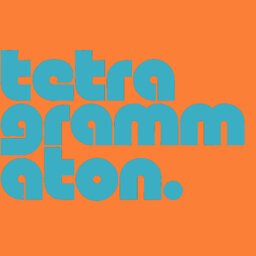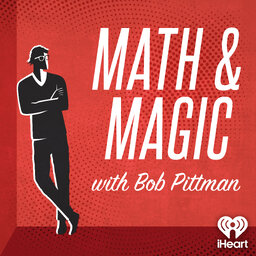Rob Reilly: “Be a fountain of ideas.”
How does one come up with great ideas? Some may think they’re random strokes of genius, but Rob Reilly knows it takes a mix of hard work and creativity–the truest embodiment of math and magic. Now the Chief Creative Officer of WPP, Rob built his stunning reputation on work that is memorable and buzzy, from campaigns for companies like American Express and Burger King to the “Fearless Girl” statue that still stands in Manhattan’s Financial District. These works weren’t strokes of genius. They emerged from decades of Rob tirelessly logging ideas and learning his business inside and out. Listen to hear Rob explain his creative process and reflect on some of the most important moments of his career, from the college party that landed him his first advertising job to the time he took a demotion and pay cut to improve his craft.
Math & Magic: Stories from the Frontiers of Marketing with Bob Pittman
How do the smartest marketers and business entrepreneurs cut through the noise? And how do they mana…Social links
Follow podcast
Recent clips

CEOs You Should Know: Chon Nguyen, CEO of Newgentek
11:06

CEOs You Should Know: Avani Desai, CEO of Schellman
10:48

Listen to Bob on Tetragrammaton with Rick Rubin
16:35
 Math & Magic: Stories from the Frontiers of Marketing with Bob Pittman
Math & Magic: Stories from the Frontiers of Marketing with Bob Pittman